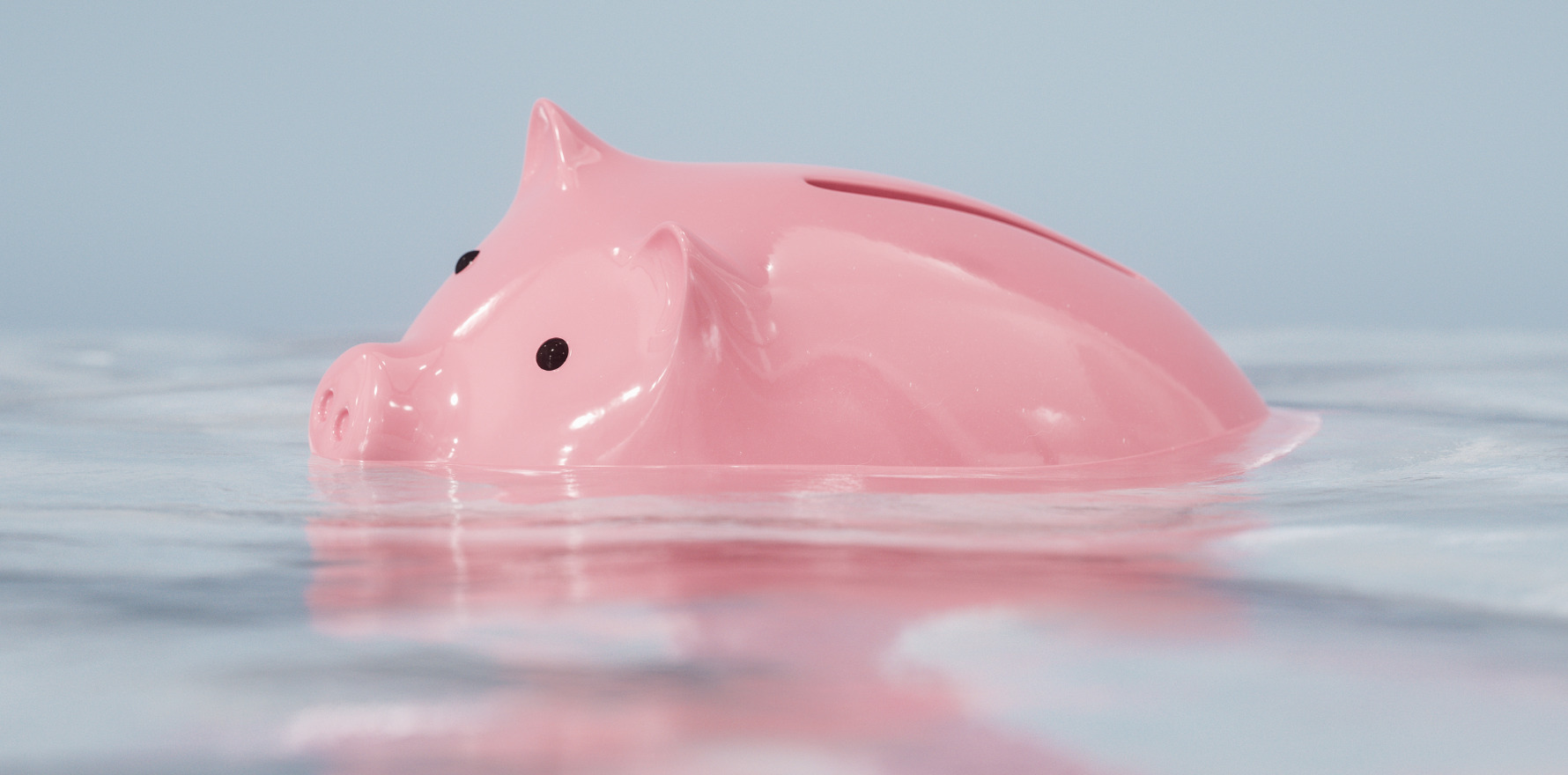But don’t blame the private health insurers, says the PHA.
But don’t blame the private health insurers, says the PHA.

But don’t blame the private health insurers, says the PHA.
But don’t blame the private health insurers, says the PHA.
End of content
No more pages to load